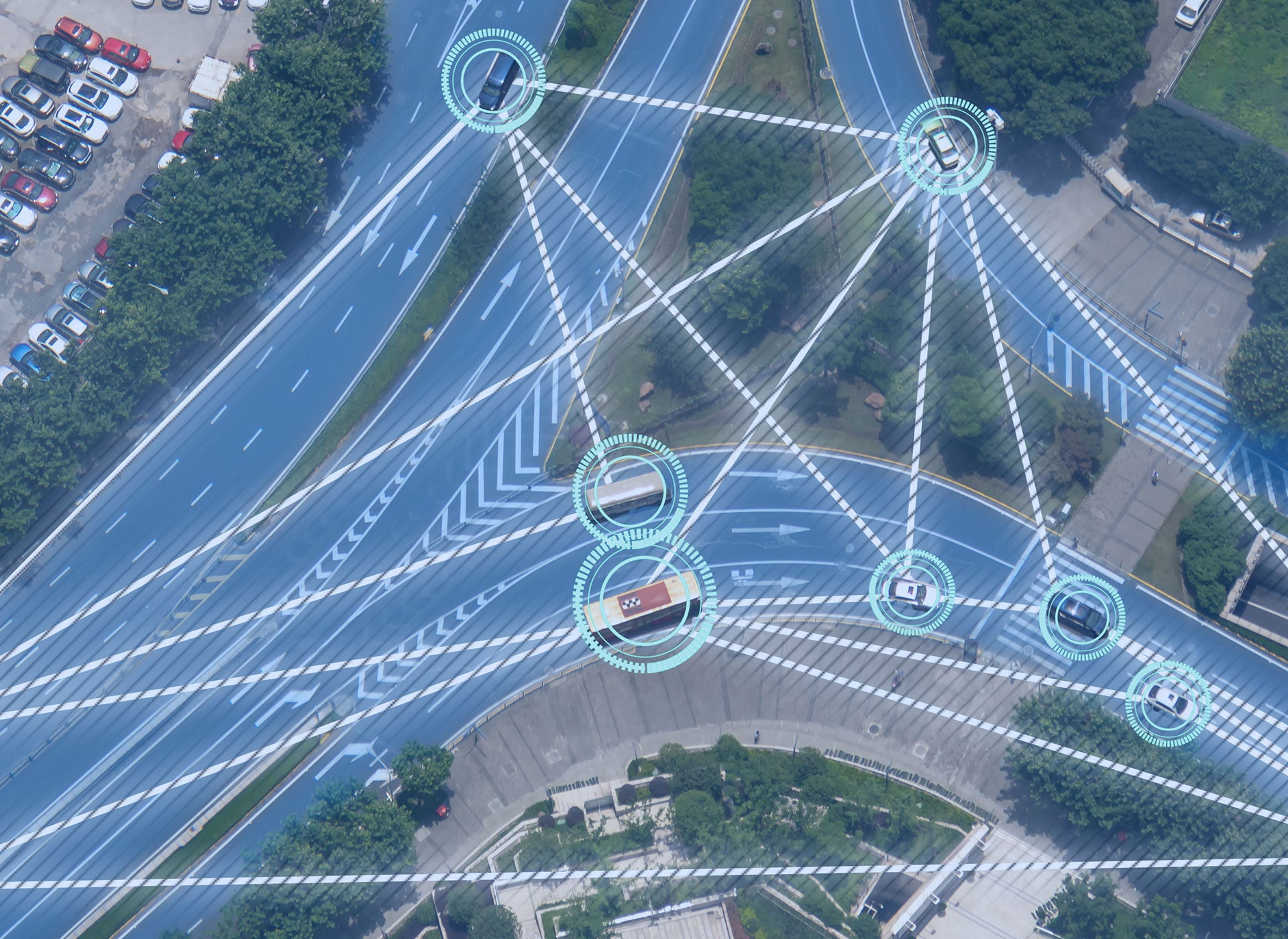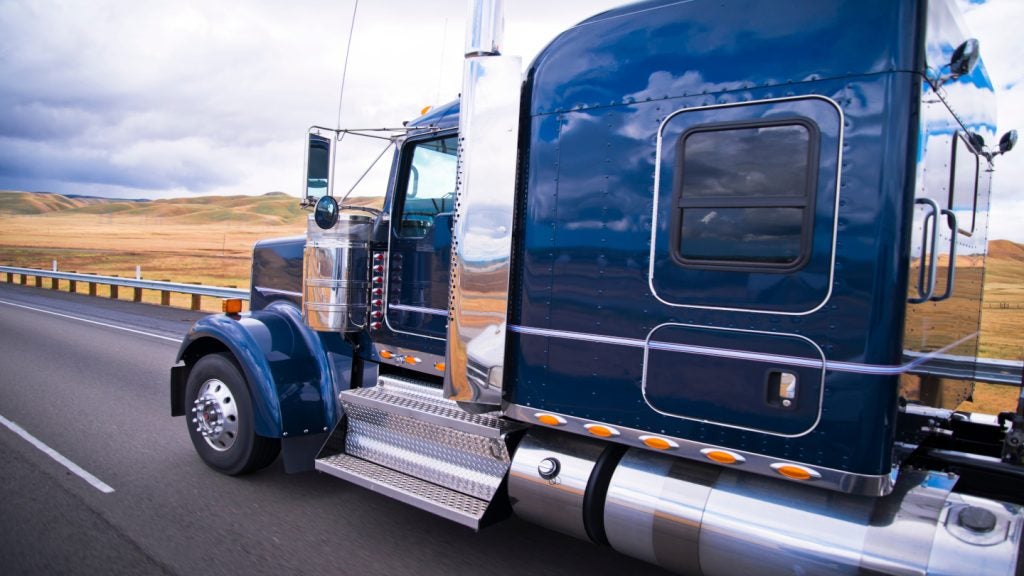
Technology giant Cisco and autonomous vehicle software developer Oxbotica have announced a partnership to tackle the immense challenge of data sharing in autonomous fleets.
Fed by a constant stream of information from advanced driver assistance systems (ADAS) logs, as well as cameras, LiDAR and RADAR, every autonomous vehicle amasses a vast pool of data each day – totalling 1.2TB over a 16-hour period.
However, in autonomous fleets where groups of driverless vehicles are connected and in constant communication with each other, seamlessly and effectively transferring this data as needed poses a significant challenge.
Every autonomous vehicle in a fleet is expected to need to upload and download 8.3GB of data every day, and it is expected that individual fleets could have a complement of over 1,000 vehicles.
This poses a vast bandwidth draw on existing and emerging networks.
“Today’s autonomous vehicles generate enormous amounts of data when they operate,” said Matt MacPherson, Wireless CTO at Cisco.
How well do you really know your competitors?
Access the most comprehensive Company Profiles on the market, powered by GlobalData. Save hours of research. Gain competitive edge.

Thank you!
Your download email will arrive shortly
Not ready to buy yet? Download a free sample
We are confident about the unique quality of our Company Profiles. However, we want you to make the most beneficial decision for your business, so we offer a free sample that you can download by submitting the below form
By GlobalData“The challenge is how to gather that information from the vehicle automatically and, perhaps more importantly, cost-effectively. Tomorrow’s connected cars will face the same issue.”
However, Cisco may have a solution, in the form of OpenRoaming.
Oxbotica and Cisco turn OpenRoaming to autonomous fleets
OpenRoaming enables devices to automatically connect to network sources, be it Wi-Fi hotspots or other trusted networks, without needing a username and password to be entered. Instead the devices have embedded credentials, allowing them to connect to networks automatically.
Cisco did not originally design OpenRoaming specifically for connected vehicles, but the technology is well-suited to the challenge, which is why the company has partnered with Oxbotica, which has already conducted extensive autonomous vehicle trials.
“For industrial applications where devices, such as autonomous vehicles rather than people, are moving through areas that are covered by Wi-Fi, this technology is designed to enable that simple, automatic connection that users experience when using mobile networks,” said MacPherson.
“OpenRoaming opens up the possibility of a cost-effective alternative for transporting high-volume data to and from the vehicle, autonomously.”
Under the partnership, named Next Generation Connected Vehicles Co-Innovation, Cisco and Oxbotica will test the use of OpenRoaming in autonomous vehicles, with a view to making it scalable to fleets of any size.
“As part of our Universal Autonomy vision, our pioneering software already reduces the amount of data sharing that is required, allowing vehicles to operate wherever they are, with or without network connection. In fact, our software has been designed to operate not dependent on any infrastructure, so it can understand the vehicle’s environment in infinite detail,” said Ozgur Tohumcu, CEO at Oxbotica.
“However, we fully recognise that in an autonomous world, fleets will need to upload and download vast amounts of data and the partnership with Cisco offers us the chance to solve one of the greatest data challenges of the future, already today.”
Read more: Driverless cars: Are the myths we’ve all heard as true as they seem?






